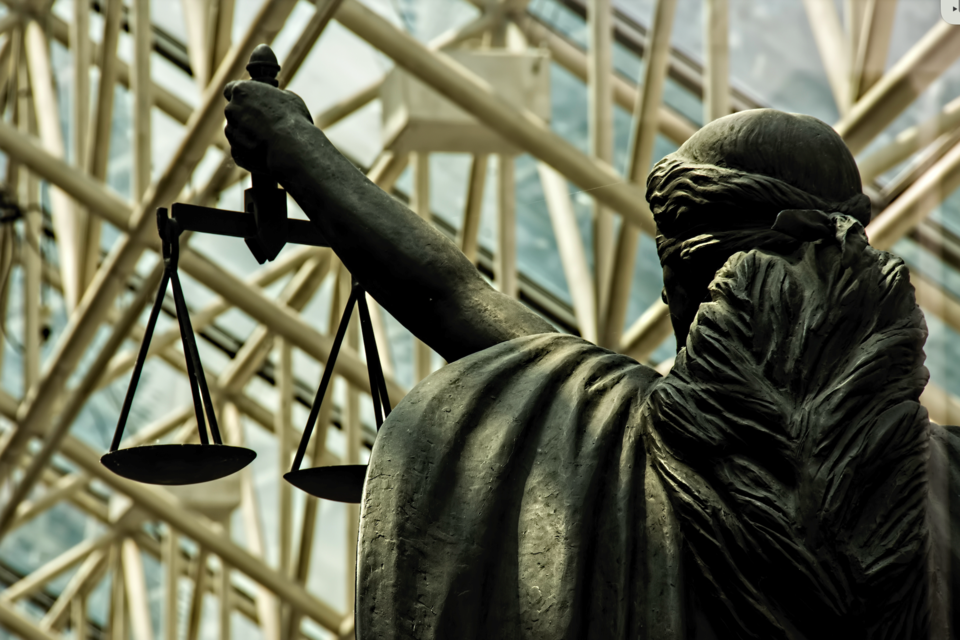A B.C. Supreme Court judge has reassured the B.C. Securities Commission that a bankrupt man cannot discharge the $6.8 million he has been ordered to repay investors.
On the heels of a Supreme Court of Canada ruling last year that set the bar for what monetary fines and penalties can and cannot be discharged, the commission sought clarity that the $6.8 million owed by Thomas Arthur Williams cannot be discharged.
A 2016 BCSC hearing panel found that between 2007 and 2010, Williams and his associates solicited 123 investors to invest approximately $11.7 million in a group of companies called Global Group of Companies, promising substantial returns.
What the panel determined, however, was Williams had committed fraud by orchestrating a Ponzi scheme with Williams obtaining commissions along the way.
Williams was ordered by the panel to disgorge $6.8 million, representing the amount that could not be returned to investors.
On May 20, 2021, Williams made an assignment in bankruptcy and BDO Canada Limited was appointed as the trustee.
Williams sought to be discharged from bankruptcy in 2023. The BCSC and the court-appointed trustee opposed that application, which was adjourned indefinitely, the commission stated in a June 19 news release.
Williams remains an undischarged bankrupt and he has not paid any of the money back, according to the commission.
The BCSC applied to court to have Justice Gordon Weatherill declare that the disgorgement order — an obligation to repay money obtained illegally — is “a debt or liability resulting from false pretences or fraudulent misrepresentation for the purposes of [the Bankruptcy and Insolvency Act]” and that the debt shall not be released by any future order of discharge granted to Williams.
The application clarifies at the province’s top court what was already declared in July 2024 at the Supreme Court of Canada.
The high court declared in a 5-2 ruling that administrative monetary penalties — like the ones issued by the BCSC — can be eliminated when a bankruptcy is discharged.
But a disgorgement order — like the one Williams received — cannot be eliminated.
The key to upholding the latter order upon discharge is that the money must have been derived from misconduct involving “false pretences or fraudulent misrepresentation,” according to Supreme Court of Canada.
Justice Weatherill stated in his ruling that there is a direct link between the disgorgement order debt and Williams’ “deceitful” misconduct.
“This month’s B.C. Supreme Court ruling was the first to use the Supreme Court of Canada’s legal test for determining whether a financial sanction should survive discharge from bankruptcy,” the BCSC stated in its news release.
The commission reiterated its overall opposition to the laws that led to the ruling, which stems from a constitutional challenge by Thalbinder Singh Poonian and Shailu Poonian.
“In response to that ruling, the BCSC has been engaging with elected and appointed federal officials about adding securities regulators’ financial sanctions to the BIA’s [Bankruptcy and Insolvency Act] list of debts that survive bankruptcy,” the commission stated.
“The court noted that Parliament could have drafted the BIA to expressly say that financial sanctions of regulatory bodies or administrative tribunals are exempt from bankruptcy discharge, but the BIA does not say that.”
Following the high court ruling, pushed back at the commission’s concerns.
“Securities Commissions have several options to pursue people who are suspected of wrongful conduct. For example, they can initiate legal proceedings in court, pursue criminal prosecutions or seek decisions from an administrative tribunal,” the superintendent stated in September 2024.
The statement went on to say that automatically exempting administrative tribunal debts from bankruptcy would harm the insolvency system and that if people can’t escape overwhelming debt, they may never recover financially.
“Instead of a blanket life sentence to repay fines imposed by any administrative tribunal, the current insolvency system allows interested parties to make their case in court based on all of the relevant facts,” the superintendent stated.



